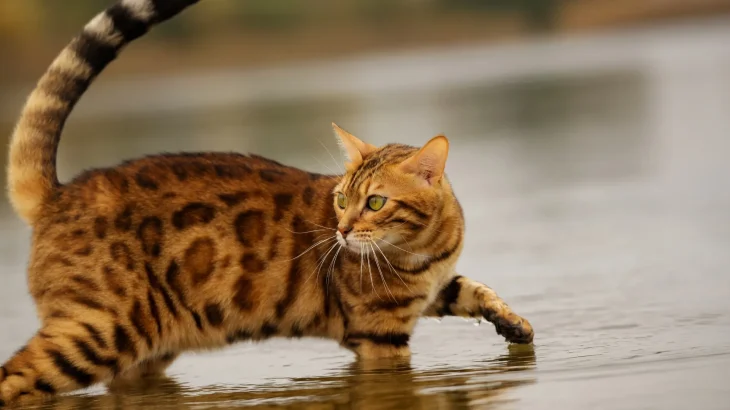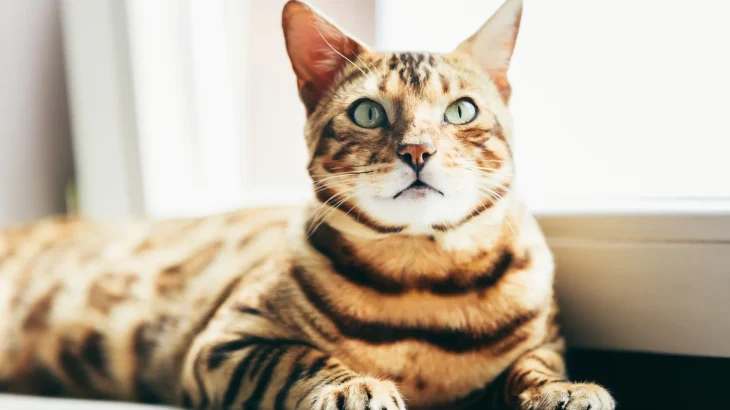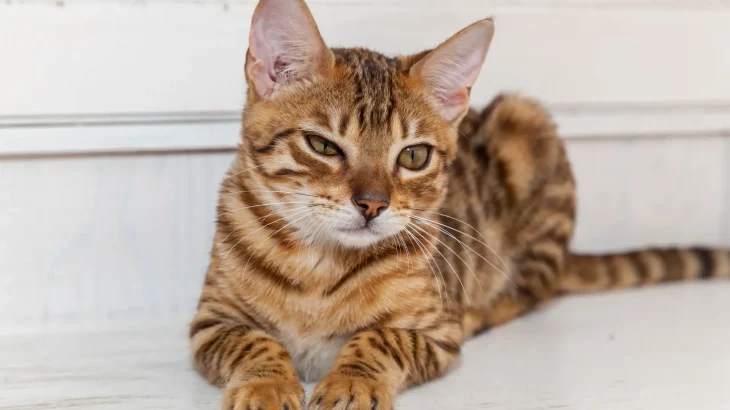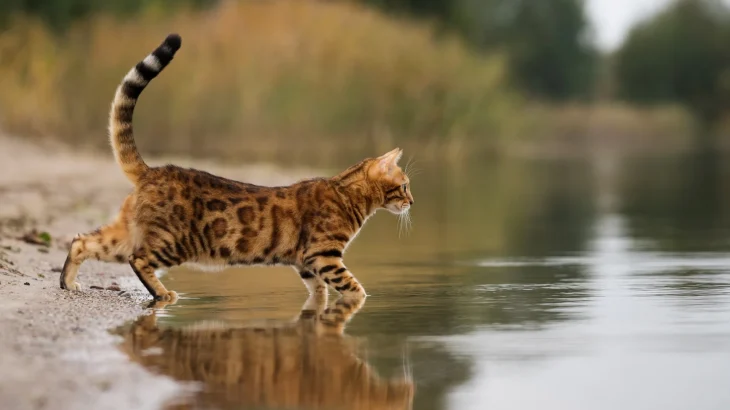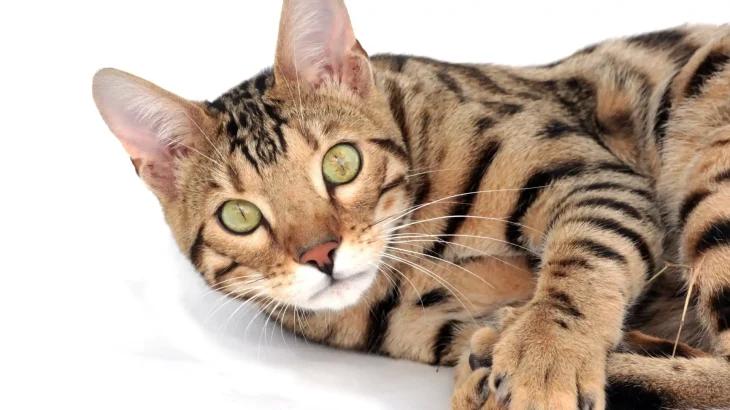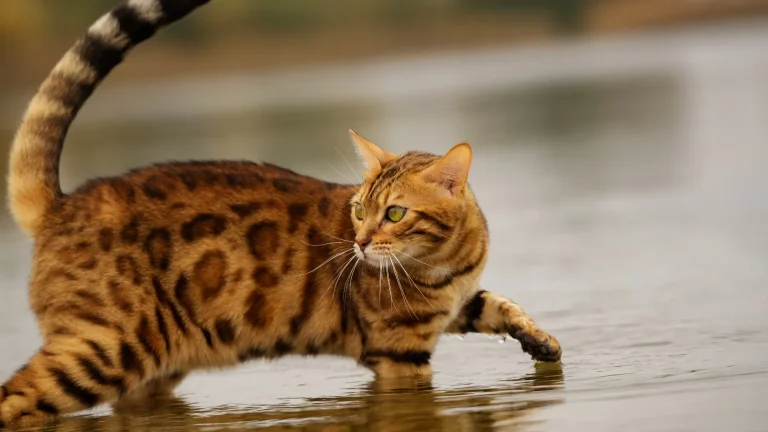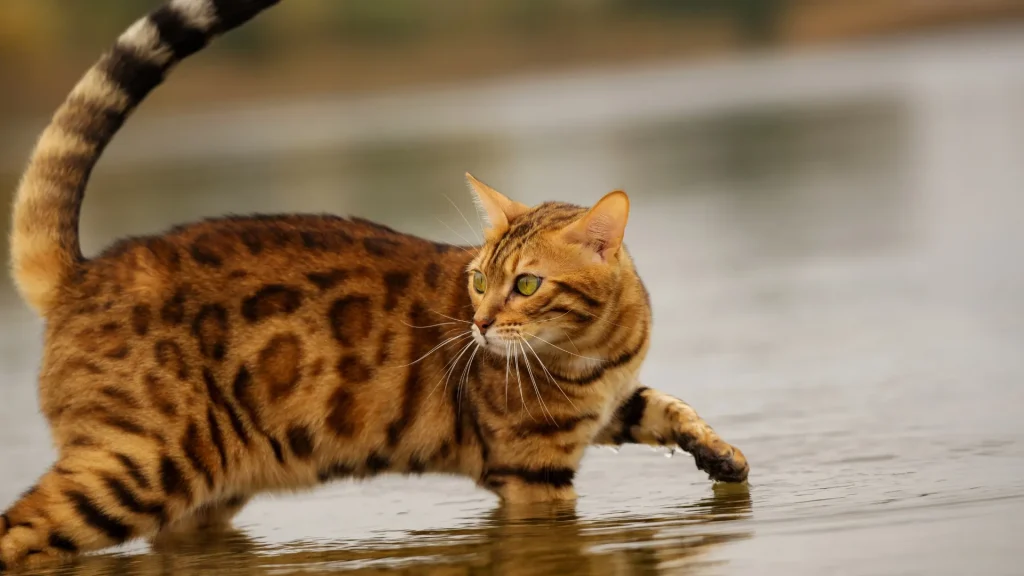Choosing between adopting or purchasing a Toyger kitten involves weighing the predictability and detailed background a breeder offers against the opportunity to give a loving home to a cat in need through adoption. Each route has its unique benefits and challenges, especially considering breed-specific aspects like health screenings and pedigree availability.
Adoption vs. Breeder: Pros & Cons
| Criteria | Buying from Breeder | Adopting from Shelter/Rescue |
|---|---|---|
| Cost | Higher purchase price due to breed rarity and pedigree, often several hundred to thousands of dollars. | Lower adoption fees, usually more affordable, sometimes waived depending on shelter. |
| Health History | Comprehensive health checks and genetic testing typical, offering more certainty. | Health history may be incomplete or unknown; initial health screening usually provided. |
| Age Availability | Typically kittens available for purchase, enabling early-life bonding. | Wide range of ages; kittens less commonly found but adult Toygers may be available. |
| Temperament Insight | Breeders can provide lineage-based temperament information. | Shelter/rescue staff observe behavior but lack detailed lineage insights. |
| Ethical Considerations | Depends on breeder's practices; responsible breeders prioritize health and welfare. | Supports no-kill and rescue efforts, reducing homeless pet populations. |
| Breed Purity & Pedigree | Registered pedigree documents ensure breed authenticity. | Breed purity often undocumented; focus is on finding a loving home. |

